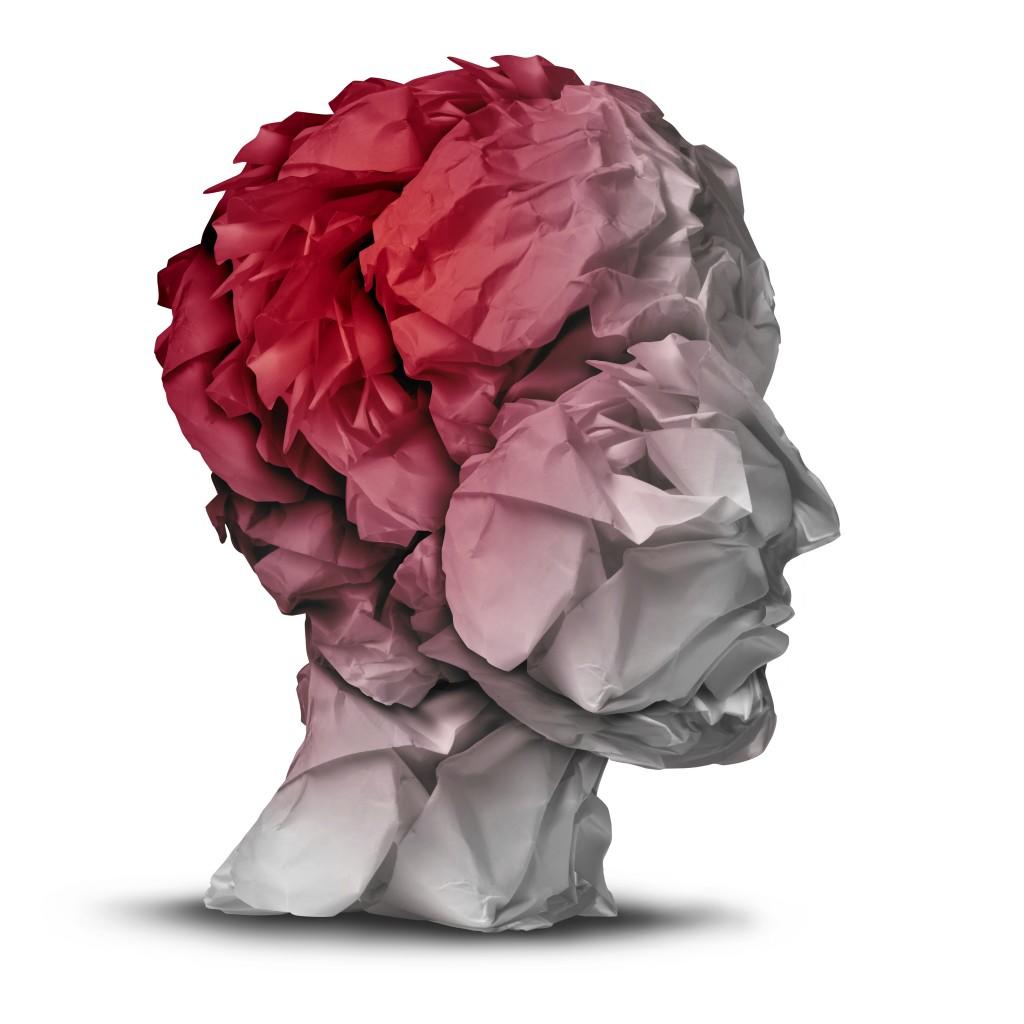The Impact of Concussions
by Julia Bailey
 While a concussion is an invisible injury, the mentality for its treatment is the same as a visible injury such as a sprained ankle. Unless the proper treatment and rehab is done, the injury persists for longer and the chance of recurrence increases.
While a concussion is an invisible injury, the mentality for its treatment is the same as a visible injury such as a sprained ankle. Unless the proper treatment and rehab is done, the injury persists for longer and the chance of recurrence increases. In recent years, concussions have become a regular media topic, whether it is Sydney Crosby’s delayed return to the ice, the National Football League’s conduct surrounding athlete’s with concussions or your neighbour’s child sitting out some games because they suffered a concussion. The popularity is not without reason; the Centers for Disease Control estimates the number of hospital emergency department visits for sport and recreation related concussions increased 62% from 2001 to 2009.
The term ‘concussion’ is used often, but what exactly is a concussion? According to Dr. Dave McKee, Thunder Bay’s leading expert on concussions and lead physician for the Lakehead University Concussion Clinic, a concussion is “an injury to the brain from forces that cause the brain to move forwards and backwards within the skull.” He terms it the ‘slosh effect’, describing a solid object moving around in water, just like a brain is moved within a skull.
This brain movement experienced with a concussion can be caused by direct contact to the head, an indirect hit to another part of the body or ‘sub-concussive hits’ which are small, cumulative head traumas that are additive to the point of a concussion. “A common misconception is that concussions only occur when someone looses consciousness, however concussions also occur when someone remains fully conscious,” says McKee.
He also points out that symptoms can be immediate or delayed for up to 24 hours, especially in children, which can make it difficult to recognize a concussion. “It is always better to sit out if a concussion is suspected instead of waiting for symptoms to appear,” adds McKee.
Dr. McKee’s interest in concussions first sparked when his son suffered a concussion while skiing in Lutsen, and there were limited resources to help him through the healing process. It was strengthened even more during his work with the Canadian Alpine Ski Team when an athlete on the team had suffered a head injury years before that was being monitored. However, McKee felt that having a stronger knowledge base about concussions and head injuries could enhance the care he could provide this athlete.
Ultimately, the combination of these events and McKee’s keen interest led to the establishment of the Lakehead University Concussion Clinic. The clinic provides an inter-disciplinary service dedicated to the assessment and treatment of sports-related head injuries and offers pre- and post-concussion care. Anyone with a sports-related concussion, or who suspects a sports-related concussion can self-refer themselves via the Concussion Hotline to ensure that their concussion is managed appropriately.
The clinic is proud to utilize ImPACT Concussion Management Software, a tool that helps clinicians evaluate recovery from a concussion to ensure safe return to play. The value of this software is not lost on sports leagues with contact play. For example, all students playing in SSSAA high school football are required to undergo a baseline test prior to stepping on the field because, in the event of a suspected concussion, there is comparison data available.
A well understood and documented fact is the rate of unreported concussions, despite stringent protocols to identify, and subsequently, treat concussions. “It is estimated that as many as 75% of athletes who sustain concussion-causing contact don’t tell the truth or minimize the symptoms they are experiencing so they can continue to participate or don’t miss a game,” says McKee.
While a concussion is an invisible injury, the mentality for its treatment is the same as a visible injury such as a sprained ankle. Unless the proper treatment and rehab is done, the injury persists for longer and the chance of recurrence increases.
For an opportunity to learn more about concussions with Dr. McKee, attend the Thunder Bay Regional Health Sciences Centre’s (TBRHSC) Healthy Get-Together, titled ‘The Impact of Concussions’. This free one-hour presentation is scheduled for Wednesday, February 17, 2016 in Auditorium A at 7:00pm. Reserve your spot by calling 684-7237. Space is limited.